Was your property damage from a flood?
Call us now at 954-226-0003 or message us online.

Flood damage insurance claims
Many homes and commercial properties in Florida are at risk of incurring flood damage. When flood damage occurs, many believe their homeowner’s insurance policy will provide them coverage, believing they are covered because they have protection from water damage.
Flood damage is not water damage.
Both of these are different events and are not treated the same way by your insurance company. If you want financial protection from a flood or to collect compensation after a flood damages your property, then you need a flood insurance policy. Recent changes in the insurance industry have pushed Citizen’s Insurance to require its homeowners insurance policyholders to sign up for a Flood insurance policy. Meaning if you have a homeowner’s insurance policy with Citizen’s, then you may have flood insurance coverage.
What is the difference between water damage and flood damage?
Water damage typically results from some form of damage inside the property, such as a water pipe bursting or a toilet overflowing. Other causes of water damage can also occur from water intrusion or a water leak associated with a weather event like a powerful storm or a hurricane. Flood damage is typically associated with a natural disaster such as a hurricane, heavy rain event, and tidal waters.
- Water Damage
- Typically results from events inside the home. For instance, if an appliance malfunctions and spills water everywhere or a pipe bursts, this is considered water damage. Similarly, rain entering through a wind-damaged window or roof might also be classified as water damage.
- Flood Damage:
- FEMA defines flooding as a temporary situation where two or more acres of typically dry land or two or more properties are inundated by water. For example, suppose you live near the Intracoastal Waterway in Florida, and a hurricane passes over your property, and the water rises due to storm surge and enters your home. In that case, this may be considered flood damage.
Does Florida homeowners insurance cover flood damage?
This is a popular question and is the cause of a lot of confusion. No, homeowner’s insurance does not typically cover flood damage. To be protected from flood damage, you need to have a flood insurance policy.
What does flood insurance typically cover in Florida?
Flood insurance typically covers:
- Structural Damage: This includes damage to the foundation, walls, ceilings, flooring, and built-in appliances.
- Personal Belongings: Furniture, clothing, electronics, and some portable appliances are covered. There are some limitations. Reading your individual policy will allow you to understand what personal items may or may not be covered.
- Debris Removal: The cost associated with removing debris caused by the flood is typically covered.
- Temporary Living Expenses: Not every policy provides the same coverage for temporary living expenses, and some do not offer any at all. It’s important to check your policy to understand what is and is not covered.
Understanding every policy is different, and knowing what’s in your policy is key to having peace of mind before and after your property incurs flood damage. Carefully review your policy, and if you need help, speaking with a public adjuster can make a difference. Our team is exceptionally well-trained and understands how to read your insurance policy to help you collect the highest possible payout for your damage.
Does Florida homeowners insurance cover flood damage?
This is a popular question and is the cause of a lot of confusion. No, homeowner’s insurance does not typically cover flood damage. To be protected from flood damage, you need to have a flood insurance policy.
How can a Florida Public Adjuster help you?
Prime Public Adjusters has been serving Florida since 2014, and in that time, we have collected millions for our clients.
We know how to push the claim process forward.
Insurance companies would rather deal with homeowners because they know the average homeowner is not experienced in handling a damage claim. The insurance company can typically trick homeowners into settling for an underpayment or even a claim denial. Our Public Adjusters know the tricks the insurance company deploys, and we know how to beat them at their own game. Helping you collect the highest possible payout is our goal, and this is what we are fighting for.
